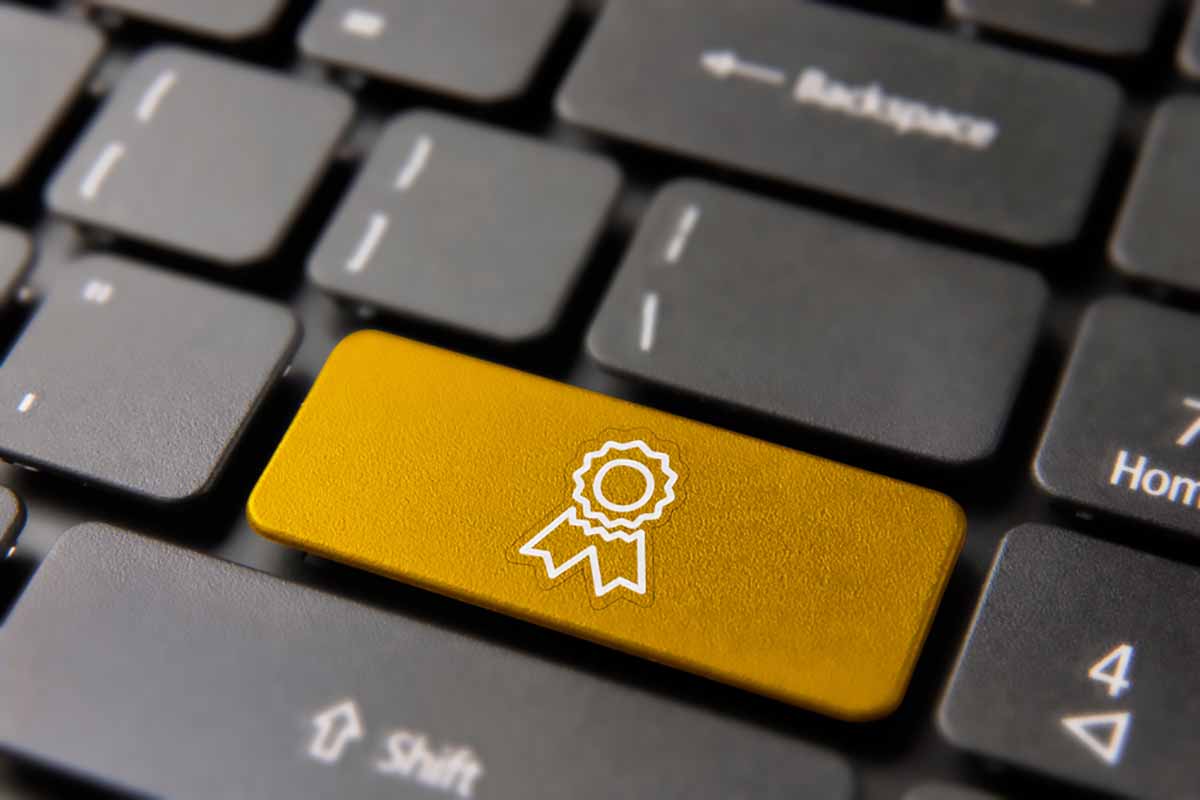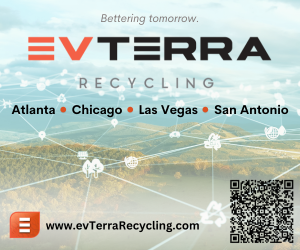
Corey Dehmey, executive director of SERI, hopes the programs will make it easier for facilities to achieve R2 certification and find more R2-certified partners. | Cienpies Design/Shutterstock
The group behind the R2 standard is planning programs, including a mentoring initiative, to help smaller companies move toward certification and build a more equitable recycling network.
The R2 Mentors program will connect R2-certified facilities with facilities working toward certification, to help guide them through the process. In tandem with that, “R2U” will break certification down into individual components, and SERI will offer recorded classes on each aspect, providing a step-by-step learning approach to help facilities build the skills they need to get certified.
Jeff Seibert, who leads communications for SERI, said the organization had been hearing from different enterprises that some kind of “R2 light” would be useful. However, Seibert said because the R2 standard is based on best practices, there is no good way to make it easier. That’s where R2U came from. “Instead of watering it down, let’s help them over this big gap,” he said.
“You’re not asking them to make this huge leap all in one chunk,” he added, because the classes can be taken at the facility’s pace.
The transition deadline to move from the older version to the new R2V3 standard recently passed in June, and over 1,000 facilities are now certified to the more rigorous standard.
Corey Dehmey, executive director of SERI, said the new programs will help break down certification barriers. Adding more certified facilities could also help currently certified facilities in need of partners, he said.
“It’s a better supply chain for them and helps them identify and do due diligence on partners and helps get their partners up to the same level of care,” he said.
Learn more in person
SERI leaders will be on hand at the upcoming E-Scrap & E-Reuse Conference in New Orleans to offer a workshop on how to leverage R2 certification across your client base and the local community. It’s part of an info-packed three day schedule. Register for the event today.
Right now, SERI is still in the planning stages, looking at available software platforms and making a funding plan. Dehmey said so far there are about 27 different course ideas laid out.
A wider lens
Dehmey said the programs are part of SERI’s larger vision: “A world where you can find responsible reuse and recycling everywhere for electronics.”
How does the world get to that outcome? Dehmey said it requires understanding that not everyone is starting at the same place.
“We’re trying to meet people where they’re at and help them build toward hopefully, eventually, an R2 certification,” he said.
The mentors program and R2U program are two more steps in the journey, which has also included adapting SERI’s R2 auditor training program into an online course and reaching more auditors around the world.
“We’ve really been expanding the auditor base more globally into areas where we previously didn’t have auditors,” Dehmey said. “Having local auditors reduces travel costs.”
SERI is also looking to add more certification bodies in India to bring down certification costs, and to create licensing fee tiers based on the purchasing power of the respective country.




